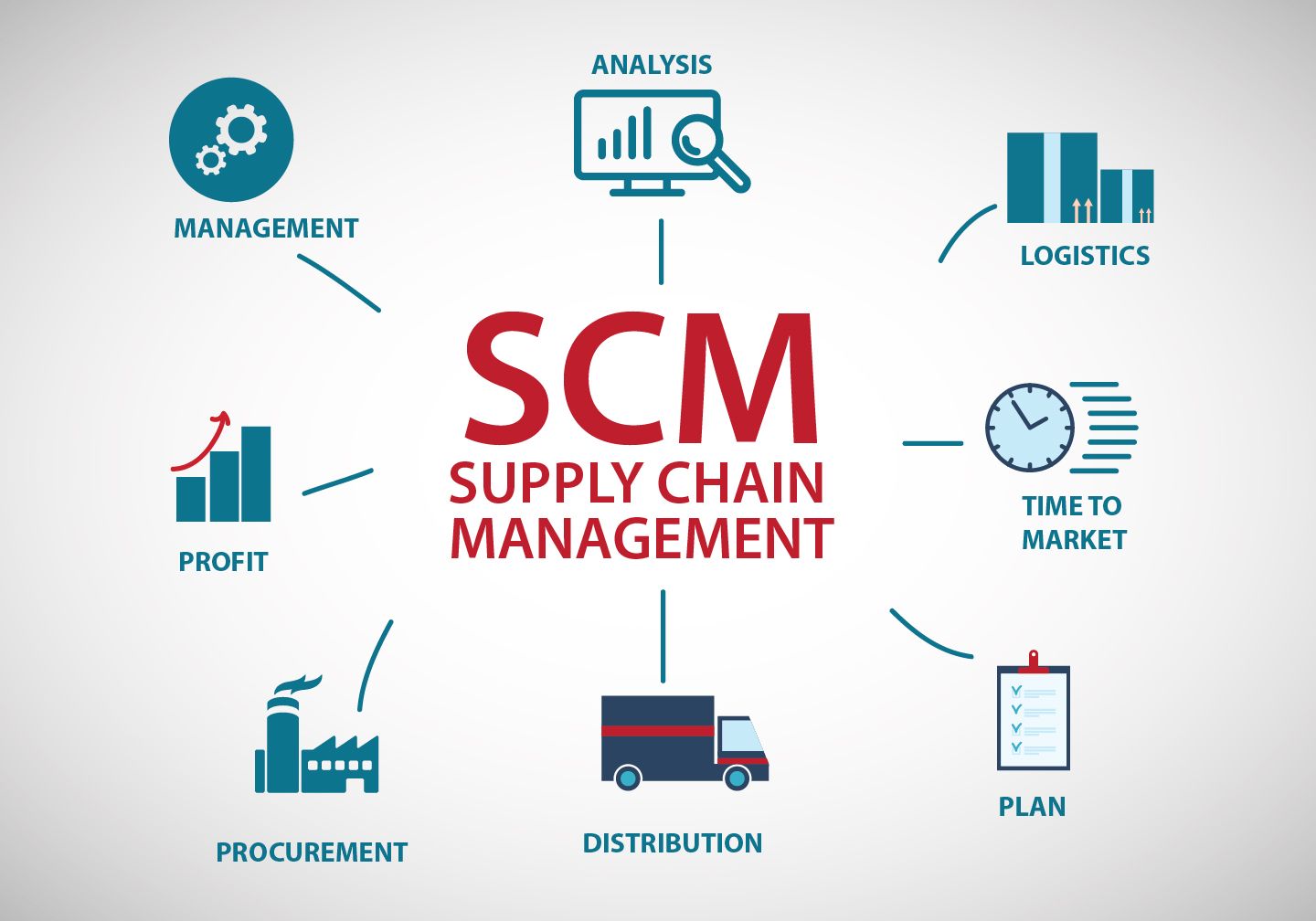In today’s highly competitive business environment, companies need to ensure efficient operations to stay ahead of the competition. Supply chain management plays a crucial role in achieving this goal. It involves the coordination and control of the flow of products, information, and finances from raw material sourcing to final product delivery. In this article, we will explore the importance of supply chain management and how it can streamline operations for improved efficiency.
Streamlining Procurement
An efficient supply chain starts with effective procurement. By properly managing the procurement process, companies can ensure timely availability of raw materials and components. This involves developing strong relationships with suppliers, conducting regular performance evaluations, and implementing advanced technology solutions. Integrating procurement systems with suppliers’ databases can help automate inventory management and reduce lead times, ultimately leading to cost savings and improved efficiency.
Optimizing Inventory Management
Effective inventory management is critical in reducing costs and ensuring smooth operations. With the help of supply chain management software, companies can accurately forecast demand, monitor inventory levels, and optimize stock replenishment. By implementing just-in-time (JIT) inventory management practices, businesses can reduce storage costs and avoid overstocking. Additionally, proper inventory management allows companies to offer shorter lead times, leading to higher customer satisfaction and increased competitiveness.
Enhancing Logistics and Transportation
Efficient logistics and transportation are essential components of supply chain management. Companies must carefully plan and execute the movement of goods from suppliers to customers to minimize costs and delivery times. Advanced transportation management systems (TMS) can help optimize routes, consolidate shipments, and track deliveries in real-time. By leveraging technology and data analytics, companies can identify bottlenecks, streamline transportation processes, and ultimately reduce lead times and costs.
Implementing Effective Warehouse Management
An efficiently managed warehouse is vital for smooth supply chain operations. Warehouse management systems (WMS) can automate and optimize various processes such as receiving, put-away, picking, and packing. Leveraging barcode and RFID technologies, companies can accurately track inventory, reduce errors, and improve order fulfillment accuracy. Well-organized warehouses, supported by advanced technology solutions, enable faster order processing and efficient product storage, leading to improved customer satisfaction and operational efficiency.
Collaborating with Suppliers and Partners
Collaboration with suppliers and partners is a key aspect of supply chain management. By sharing information and collaborating on demand forecasting, production planning, and inventory management, companies can reduce uncertainties and ensure supply meets demand. Cloud-based collaboration platforms enable real-time communication and data sharing between stakeholders, leading to better decision-making and faster response times. A strong network of collaborative relationships can lead to cost savings, increased agility, and improved operational efficiency.
Conclusion
In conclusion, supply chain management plays a vital role in ensuring efficient operations for businesses. It enables the streamlined flow of products, information, and finances from suppliers to customers. By optimizing procurement, inventory management, logistics, warehouse operations, and collaboration, companies can reduce costs, improve customer satisfaction, and gain a competitive edge. Embracing advanced technology solutions and leveraging data analytics are essential for effective supply chain management in today’s dynamic business landscape.
